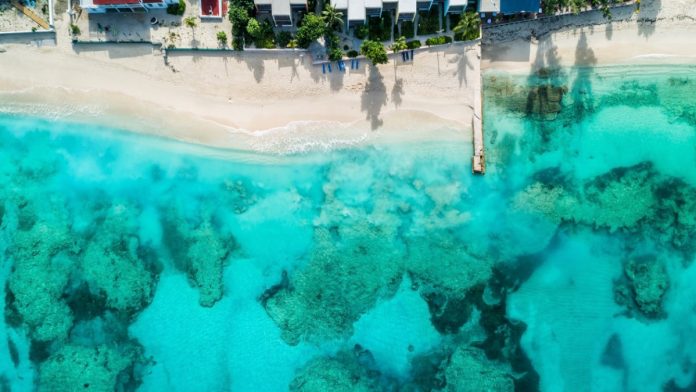The Turks and Caicos Islands state paid US$7 million for medical procedures in health centres in the Dominican Republic in 2021. From January 2022, the two countries will also strengthen health tourism and educational programmes aimed at the medical profession. One health cluster in the Dominican Republic is also proposing a shift from promoting low-cost treatments to an offer based on quality and value.
The Dominican Republic, a leader in medical tourism in the Caribbean region, is seeking to expand its reach and market share. Decree 787-21 of President Luis Abinader, instructs the Ministries of Public Health and Tourism to develop policies and strategies aimed at sustainable development in this area.
Coordinated promotion of medical travel to the Dominican Republic is already happening. The Santo Domingo Health Cluster has spent the last decade promoting Dominican medical tourism, focused on quality, and states there is now a need for a national state promotional organisation.
The Dominican Health Tourism Association (ADTS) has also been working with the National Competitiveness Council, the ministries of health and tourism and the National Association of Hotels and Restaurants in the Dominican Republic (ASONAHORES), on the regulation, incentive, and promotion of Dominican medical tourism.
The challenge however is in the main reason that people travel to the Dominican Republic for medical treatment. Much lower treatment prices attracts some medical travellers but creates a significant concern for both the quality of care provided, and the transparency of standards that provide safety for patients and patients.
To tackle this issue, Santo Domingo Health Cluster is proposing a reorientation around the value of the treatment to the patient, to develop a system that delivers sustained improvements in quality and efficiency. Value, they argue, depends on the results not the inputs, so the value of health care is measured by the results achieved, not by the volume of services provided. Shifting the focus from volume to value is a central challenge for the Dominican Republic.
The cluster is recommending a Dominican value-based benchmarking initiative to create standards of care that enable patients to make informed decisions about costs, quality of care, and outcomes. It proposes to develop a framework for a benchmarking and incentive platform with open access data that can serve as a system force to improve competitiveness.
The system will include formal certification by the main local medical authorities, the Ministry of Tourism and international organisations. To maintain the certification, the provider will be required to publish their results and qualifications based on the annual results.
The cluster is working on this framework with the Santo Domingo Tourism Cluster (CTSD) and the International Board of Medicine and Surgery (IBMS).
There is as yet no certainty that these sensible proposals will happen.








 ©2024 All rights reserved LaingBuisson
©2024 All rights reserved LaingBuisson 


